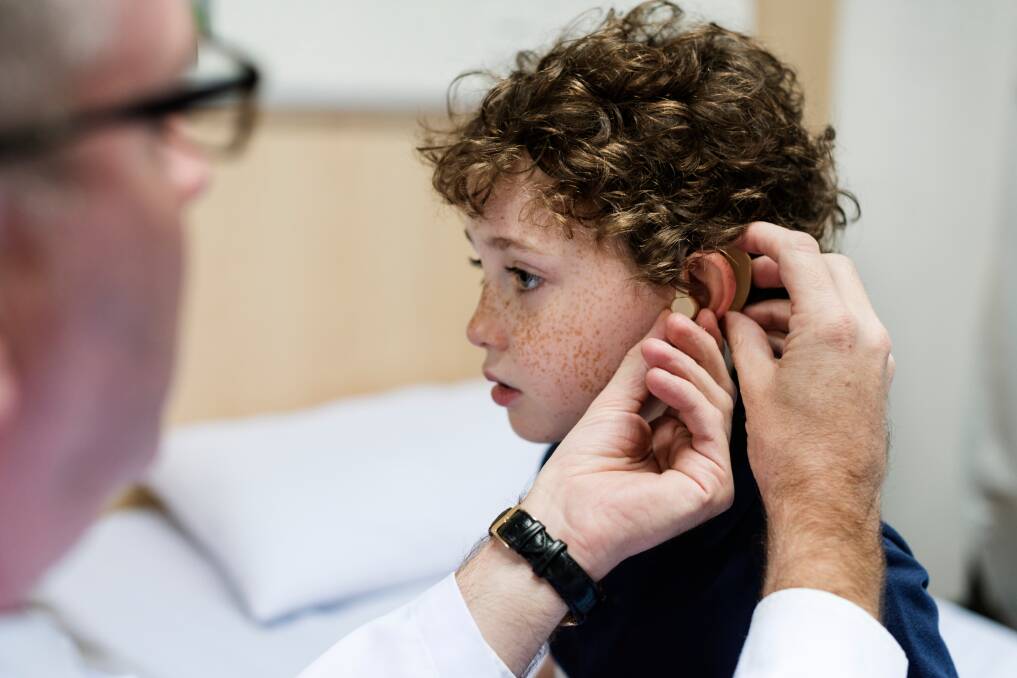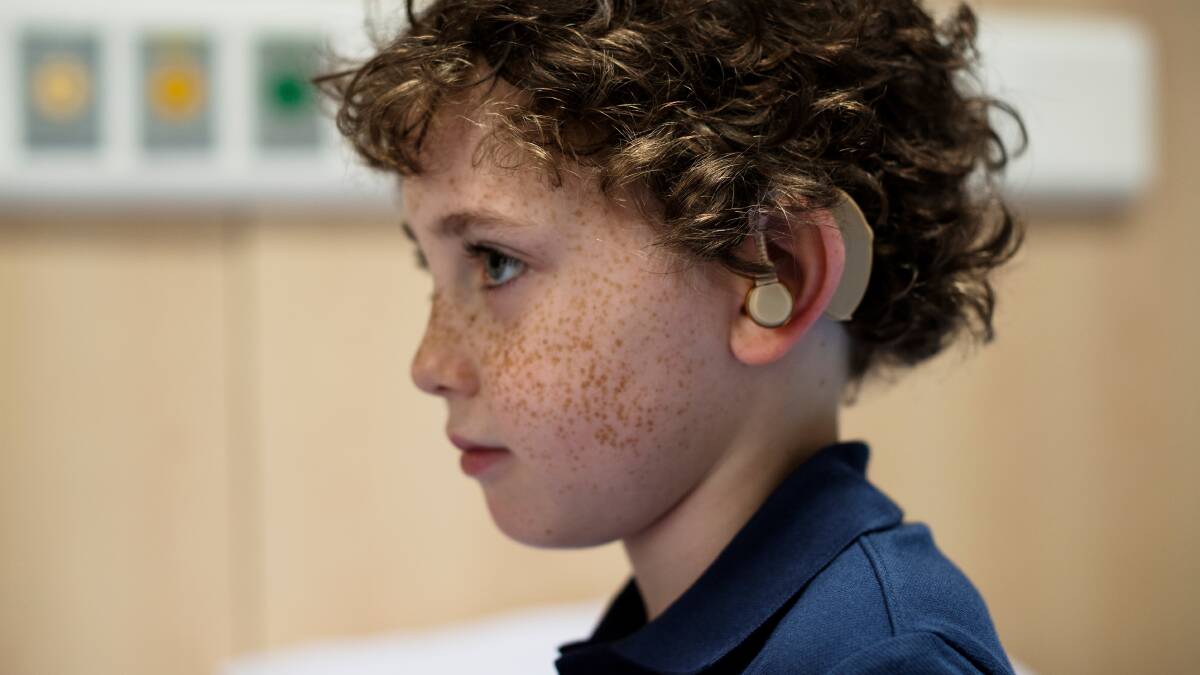What you need to know about getting your child's hearing tested

This article is in partnership with Hear and Say.
While hearing loss in children is uncommon, parents should be aware of the warning signals in newborns, toddlers, and school-aged children.
Audiologists use a variety of hearing tests and conduct a hearing assessment to determine how well children can hear and to assist them in dealing with hearing issues.
Mild hearing loss can be difficult to detect. A child's symptoms may not appear until he or she is exposed to increasingly difficult listening and communication conditions, such as a noisy classroom.
Some children are initially referred owing to family or teacher concerns. Others are discovered through school screenings, and parents may be taken aback by the diagnosis.
Parents experience a wide range of emotions when they learn that their child has a hearing loss of any kind.
Parents frequently question whether or not they are providing the best care for their children. You are encouraged to learn more about hearing tests for kids by speaking with an audiologist.
What is the cause of childhood hearing loss?
A child may have an auditory impairment if they cannot hear sound under a given volume depending upon hearing test results.
The minimum threshold typically reaches down to about 20 decibels of noise, which is roughly the sound of leaf splinters or people whispering.
Although hearing loss may be considered an impairment, hearing loss may affect the way you speak certain words. The treatment of hearing loss is exceptionally important for children.
Signs and symptoms of hearing loss in babies
Hospital staff perform a routine hearing screening test for newborns within a couple of weeks of birth.
The infant with hearing problems should undergo an assessment several weeks before the diagnosis.
Symptoms of hearing loss in babies are:
- Being unaffected by loud noise
- After 6 months old, the baby won't turn toward a sound.
- By the age of a year, the child hasn't sounded out a single word like mama or dada.
- If the child sees you, they turn their head, but not if you just shout out their name.
- Some noises appear to be heard but not others.
Call your baby's family health nurse to get their hearing evaluated if they display any indications of hearing loss.
Signs of hearing loss in toddlers and school-age children
Older children might suffer from hearing loss that was previously undetected.
The most significant signs of your child's hearing can be:
- Delayed linguistic abilities
- Abnormal speech
- Listening to music or television at a loud volume
- Challenges in learning
- Not listening to others' conversations
- Not reacting when their name is spoken; difficulty hearing over background noise
- Not reacting to loud sounds

Treatments for temporary hearing loss
The treatment for temporary hearing loss is determined by the cause.
A doctor will take efforts to remove any foreign objects that are obstructing the ear.
If a doctor notices excessive ear wax in your child's ear, they will remove it using a particular instrument. It simply takes a few minutes to do this task.
Other treatment options include:
- Hearing impairment caused by a recurrent ear infection is commonly treated with antibiotics or antifungal cream.
- Small tubes are surgically implanted in the eardrum of a kid to drain fluid from the middle ear and lower the incidence of ear infections.
- To address hearing loss caused by head trauma or a damaged ear or ear canal, a doctor may propose surgery.
Treatments for permanent hearing loss
In most cases, sensorineural hearing loss is irreversible. Because a child's capacity to acquire language skills is dependent on his or her ability to hear, it is critical to get therapy as soon as feasible.
Early intervention uses a combination of reading, speaking, lip-reading, sign language, and other methods to assist children with hearing loss in acquiring language abilities.
It can also educate parents on how to communicate effectively with their children, and early intervention is the most successful.
Hearing aids
Hearing aids are battery-operated or electronic devices that enhance sound.
In a quiet area, a hearing aid may give virtually normal clarity of speech for many children with mild or moderate hearing loss.
Children with severe or profound hearing loss can pick up some sounds with a hearing aid, but they will likely need to use lip-reading or sign language in addition to a hearing aid to completely understand speech and engage in discussions.
Cochlear implants
Cochlear implants are electronic devices that help children with severe or profound hearing loss in both ears to partially regain their hearing.
A cochlear implant takes up sounds through a speech processor worn behind the ear and transfers them to a hearing device implanted in the inner ear, rather than transferring sound through the ear like a hearing aid.
Although this aids kids in hearing a variety of sounds, including speech development, it does not restore their normal hearing ability.
Children with cochlear implants may typically learn to hear spoken language with persistent listening therapy, speech therapy, and practice.


